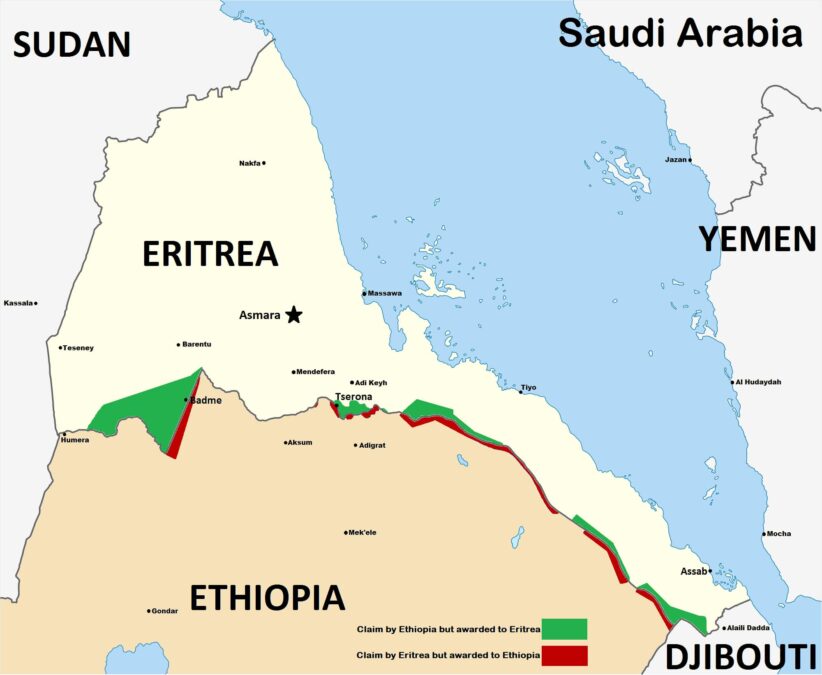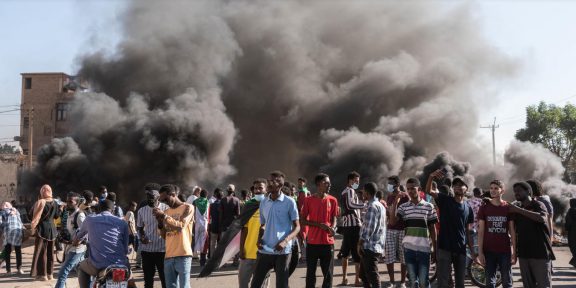The Horn of Africa is once again at a crossroads, with tensions between Ethiopia and Eritrea resurfacing amid accusations and historical grievances. The recent statements from former Ethiopian President Mulatu Teshome, who accused Eritrea of inciting conflict, have reignited debates about the true nature of the relationship between these two nations.
Historically, the roots of conflict can be traced back to the 1998-2000 Eritrean-Ethiopian War, which was sparked by border disputes, particularly over the town of Badme. Despite the 2018 peace agreement that aimed to normalize relations, unresolved issues, including Ethiopia’s ongoing military posturing and aspirations for access to the Red Sea, continue to fuel distrust.
Eritrea’s Ministry of Information has strongly rejected Teshome’s claims, arguing that such accusations serve to deflect attention from Ethiopia’s internal challenges. The Eritrean government maintains that it has no interest in interfering in Ethiopia’s affairs and has withdrawn its troops to internationally recognized borders. However, Ethiopia’s Prime Minister Abiy Ahmed has hinted at military options if diplomatic efforts fail, raising alarms in Asmara.
The dynamics are further complicated by regional alliances and the influence of external actors. Recent agreements involving Egypt and Somalia highlight a growing concern among Ethiopia’s neighbors regarding its ambitions. Additionally, the ongoing conflict in Ethiopia’s Amhara region and its implications on Eritrea’s security posture cannot be overlooked.









